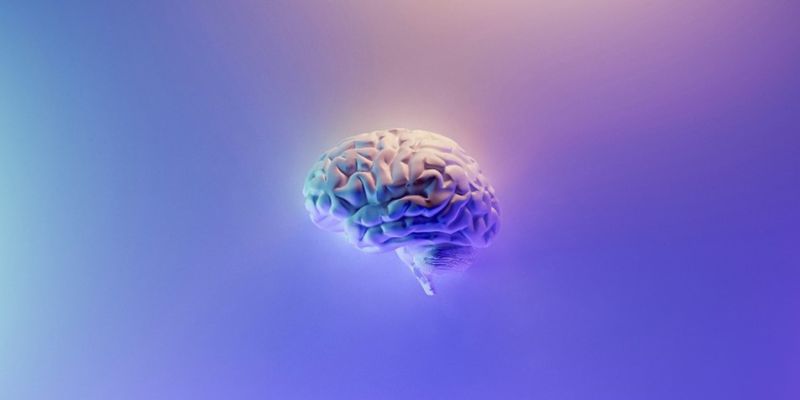COURSES

Neurobiology of Affective Disorders
Neurobiology of Affective Disorders is a bachelor (clinical psychology track) and master course (theoretical and experimental psychology track) which gives the students an extensive introduction of the most prevalent affective disorders, their genetic or environmental causes, the underlying brain mechanisms as well as new clinical methods to treat them.
About the course
Content
This course covers the following topics:
- To cover a broad scope of existing and prevalent emotional disorders (anxiety disorders, depression, bipolar disorder, personality disorders, psychopathy, substance abuse, schizophrenia …).
- For each of them, carefully introduce and review its actual neurobiological bases, from multiple angles (function, structure, neurotransmission and neurochemical factors). Because many of these disorders have distinctive neurobiological grounds and neural correlates, this course will contribute to help refine and improve the factual knowledge regarding the differential diagnosis and symptoms of these emotional disorders.
- A clear transdiagnostic approach/theory (i.e., to identify common/generic vulnerability factors affecting the genesis and maintenance of these disorders) will be adopted. Moreover, throughout the course, a special emphasis will be put on translational research, enabling bridging the gap between these neuroscience findings (and hallmarks of these disorders) and clinical practice.
Learning outcomes
- To identify the tight links between cognition and emotion
- To learn and be able to describe different neuroscientific (brain-imaging) methods
- To discuss a translational and transdiagnostic approach (and model) in psychiatry
- To link neuroscientific evidence with concrete (clinical) cases or observations in the practice, and the other way around
- To compare different conceptions and models in psychiatry, and to list their respective predictions, advantages, and drawbacks
- To use different levels of analysis in order to better consider and understand psychiatric disorders
- To find and discuss possible solutions for the problems pertaining to both the diagnosis and treatment of psychiatric disorders
- To evaluate dynamic interaction effects occurring in different brain networks and report specific impairments arising in these networks as a result of genetic and/or environmental factors
- To consider and explain current models and taxonomies in psychiatry (and experimental psychopathology) in a critical manner
Teaching methods
Lecture
Extra information on the teaching methods: This course assumes the responsible use of generative artificial intelligence (GAI). During the lessons, what this means will be explained.
Assessment
Assessment moments: end-of-term assessment
Examination methods in case of end-of-term assessment during the first examination period: Written assessment with open-ended questions
Examination methods in case of end-of-term assessment during the resit examination period: Written assessment with open-ended questions
Calculation of the examination mark: Written exam counts for 100% of the final mark.
Lecturer
Pourtois, Gilles: lecturer-in-charge
Course dates
This course takes place in the first semester of academic year 2025-2026:
- Educational activities: September 22 to December 12, 2025
- Catch-up activities: December 15 to December 20, 2025
- Christmas recess: December 22, 2025 to January 2, 2026
- Examination period: January 5 to January 31, 2026
- Resit examination period: August 17 to September 12, 2026
There will be one online lecture per week from September 22, 2025 to December 12, 2025. The schedule will be announced later. Lectures will be recorded.
How to apply?
Entry requirements: Basic knowledge of cognitive psychology and research methods in psychology. Level: Bachelor 3, Master 1.
How to apply
- Check whether you meet the entry requirements listed above. You cannot apply if you don’t meet the entry requirements.
- Check with your home faculty or study programme to confirm whether this course can be included in your curriculum, so the ECTS credits will be recognized. If you are unsure who to contact, reach out to your home university’s ENLIGHT office (contact details below).
- Apply by completing the Ghent University form by August 18th. Places are limited and will be allocated on a first-come, first-served basis.
- Register at Ghent university. Registration instructions will follow after application.
Information per university
- University of the Basque Country:
This email address is being protected from spambots. You need JavaScript enabled to view it. - University of Bern:
This email address is being protected from spambots. You need JavaScript enabled to view it. - University of Bordeaux:
This email address is being protected from spambots. You need JavaScript enabled to view it. - Comenius University Bratislava:
This email address is being protected from spambots. You need JavaScript enabled to view it. - University of Galway:
This email address is being protected from spambots. You need JavaScript enabled to view it. - Ghent University:
This email address is being protected from spambots. You need JavaScript enabled to view it. - University of Groningen:
This email address is being protected from spambots. You need JavaScript enabled to view it. - University of Göttingen:
This email address is being protected from spambots. You need JavaScript enabled to view it. - University of Tartu:
This email address is being protected from spambots. You need JavaScript enabled to view it. , check the virtual courses page for more information - Uppsala University:
This email address is being protected from spambots. You need JavaScript enabled to view it.
Contact
For information regarding the procedure to take part in this course:
For information regarding the course content: